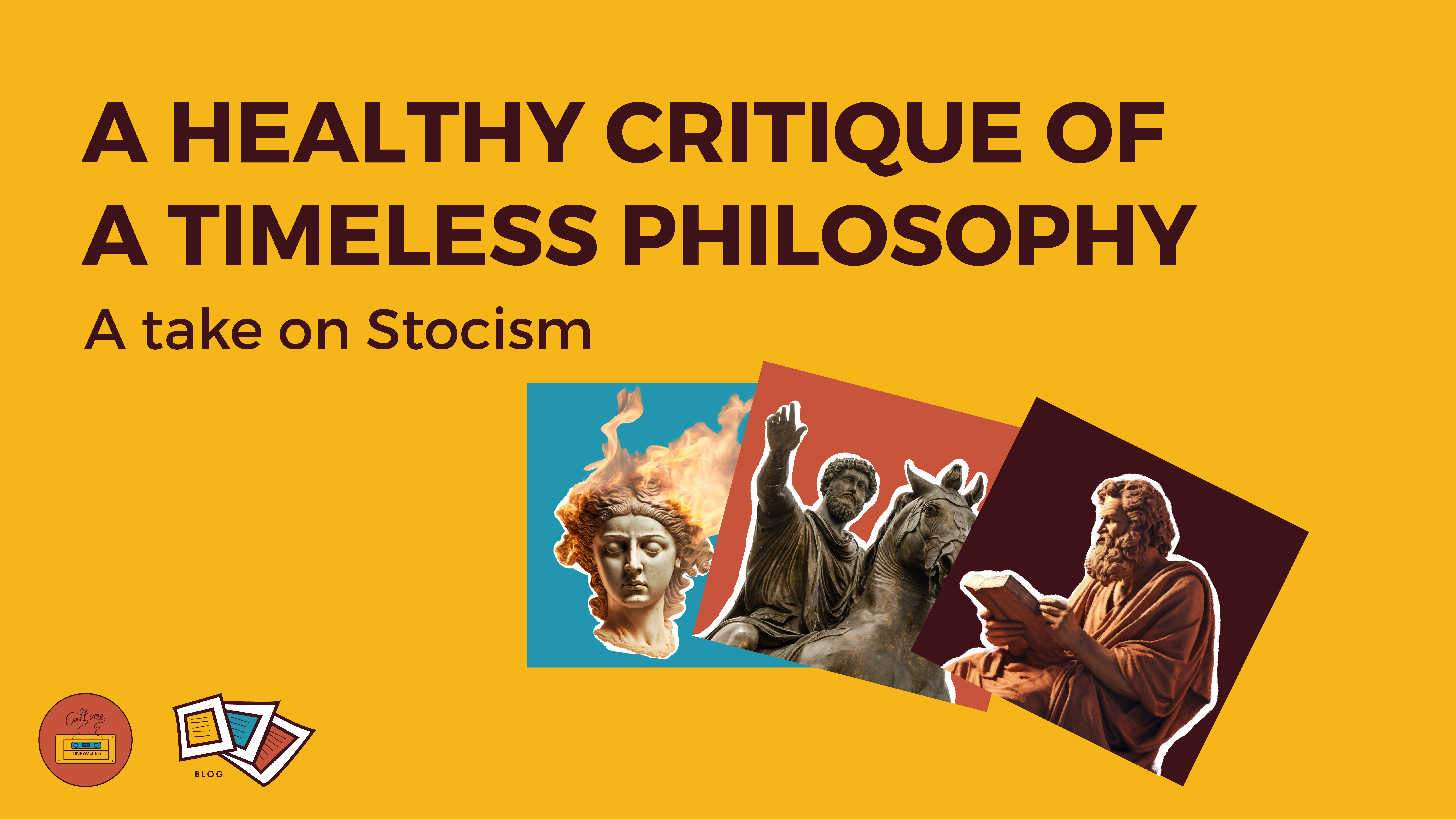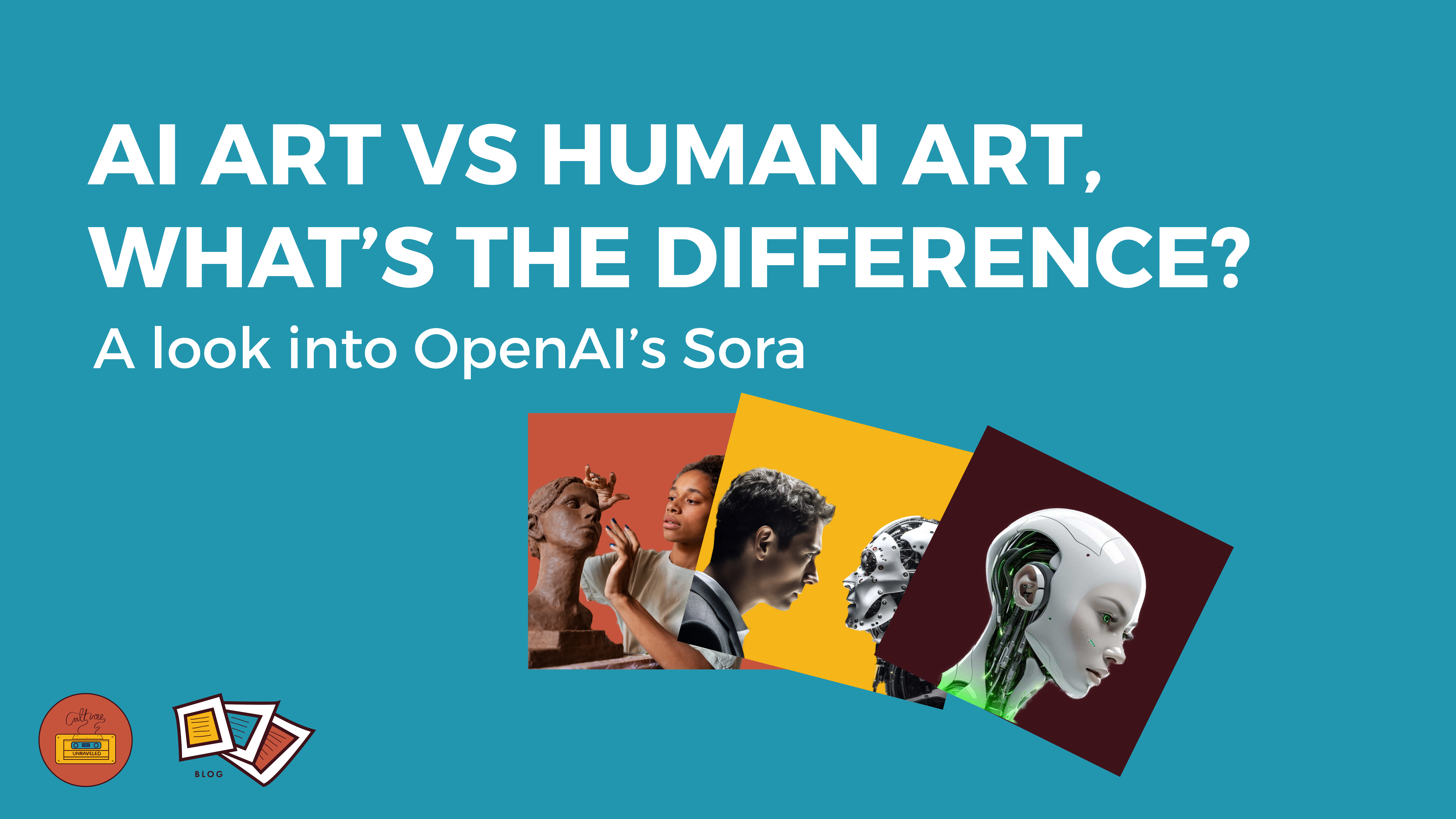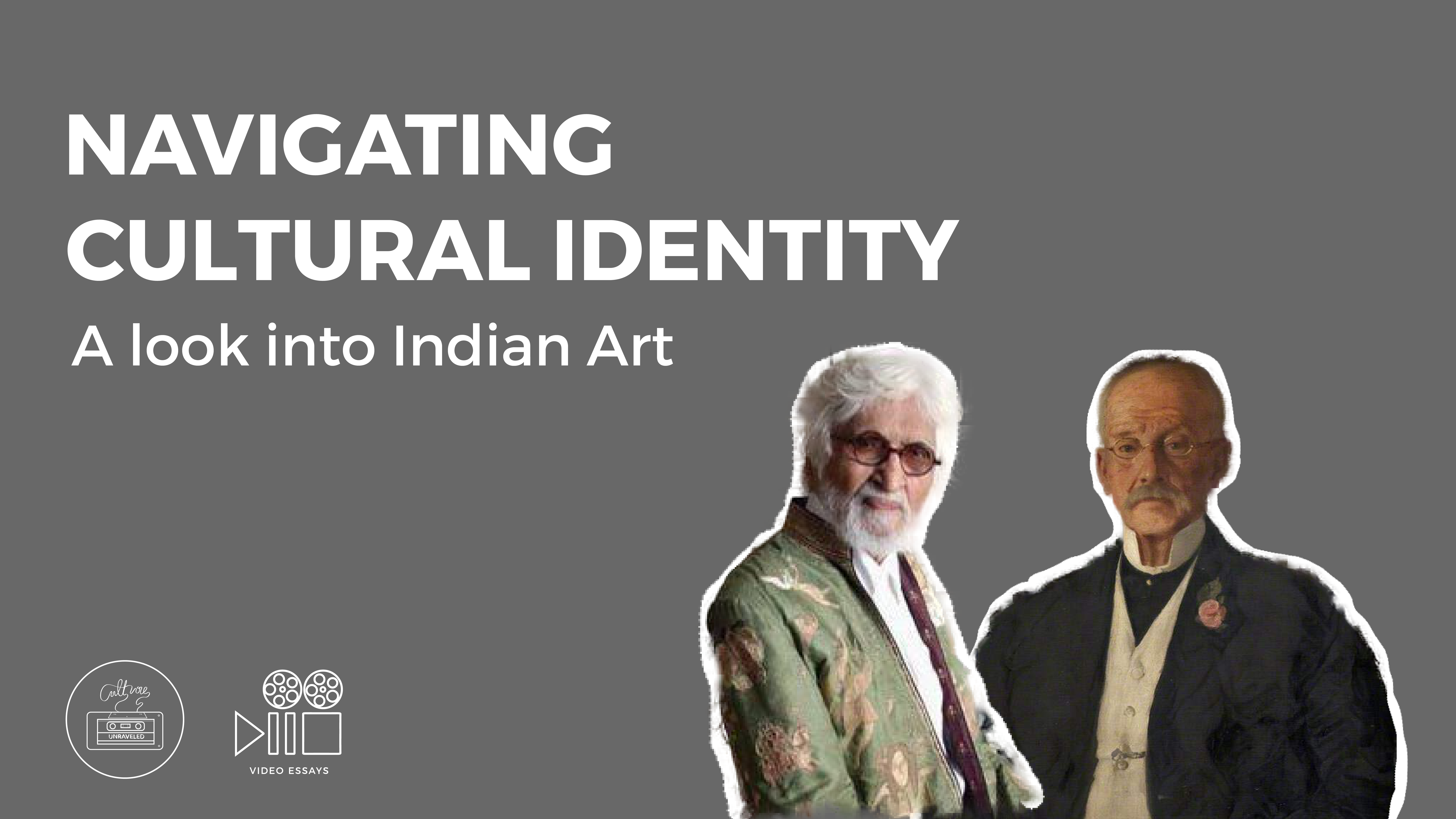
1. Dopamine Dressing: Can a Fashion Trend Bring Joy?
A popular fashion trend in 2022, called ‘Dopamine Dressing’, has come around in 2024. Dopamine dressing is essentially about the experience of dressing ourselves in clothes that make us feel good. It goes beyond the conventional understanding of fashion as mere aesthetics; it encapsulates a profound experience of dressing in a way that sparks joy and well-being.
This trend is popular, mostly because it allows people to match the color of their clothes to their mood. Inversely, it also suggests that the color of clothing one chooses to wear will inevitably affect their mood.
Culturally, this trend is like a signpost that points to our increased search for joy and the manner in which we are trying to acquire it. It reveals our belief that joy lies primarily in an experience of constant dopamine hits that induce happy or pleasurable feelings. But to what extent can we find joy in embracing this fashion trend? As we delve into the cultural implications of ‘Dopamine Dressing,’ we will explore how fashion is only an expression of joy and not the source of it.
A positive side to this trend is that it allows us to unleash our creative side, even in simple things like choosing the right colors and dressing ourselves. Moreover, it helps us celebrate our God-given capacity to appreciate colors and their effects on how we feel, not just about ourselves but others too. God has indeed made the world a place filled with colors that cater to our well-being in their own capacity. Negatively, this trend can make us overlook the truth that joy is found in God and that mere clothing cannot replace it. In our endless attempts to grasp the grace that God has already given us, we can mistakenly look for joy in all the wrong places. And being cautious about giving a fashion trend the power to determine how we feel and, ultimately, our joy, can keep us from making that mistake.
According to the biblical story, clothing humans was primarily God’s initiative. In almost every instance of God clothing us, we see His grace. In the Garden of Eden, God clothes Adam and Eve, and it is His very first act of grace and forgiveness towards humanity. And in the New Testament, our new life in Jesus Christ and the grace that we experience in Him are also described using the imagery of clothing. We are commanded consistently to put on the new self, just as we put on pieces of clothing to dress ourselves. As we do this, we experience God’s grace even in menial, everyday phenomena like dressing ourselves. Yet we must pay attention to the truth that without God’s grace, we can idolize fashion and clothing to the extent that we replace the Giver with the gifts of color, fabric, and creativity. While the ‘dopmaine dressing’ trend encourages creativity and celebrates our innate appreciation for colors, recognizing the psychological impact they can have on our mood, we do have to let fashion trends replace God as the true source of our joy. So, the way we clothe ourselves could be an expression of joy that comes out of the new life we experience in Jesus Christ, but not the source of it.
2. Is There Humor In Melancholy?
An anonymous man on a popular Instagram page called 9GAG once said, “My wife once asked me why I spoke so softly in the house. I said I was afraid Mark Zuckerberg was listening! She laughed. I laughed. Alexa laughed. Siri laughed. ” Remarks like this are funny because they make a serious issue sound flippant. Such is the nature of humor that it can reduce a serious conversation to light-hearted frivolity. Humor is also characterised by its ability to take us by surprise, leave us to make sense of absurd juxtapositions, or even allow us to be playful amidst stressful situations. In essence, humor is an expression of joy, and it has the power to connect us with one another by evading shame. Yet humor also has its dark side. It can reduce everything to frivolity, absurdity, and irony, so that it leaves very little space for us to experience our world meaningfully.
In the Indian comedic scene, there is a popular stand-up comedian called Kanan Gill. He is highly skilled at finding humor in the most mundane or even melancholic situations. Recently, he has achieved immense recognition for his very creative humor in a romantic comedy called ‘Christmas as Usual’. But what is striking about his humor is that he draws on dire existential issues and gives them a comedic twist. He even describes one of his stand-up routines as a “sad show for sad people.” Ironically, it was one of his most hilarious routines. Some of his “bits” are drawn from everyday situations that are dull or even boring. Yet he finds a way to turn them into the wittiest jokes. And in this way, Kanan Gill found a way to lighten up our prevailing cultural mood that we live in a messed-up world.
While Gill’s humor ironically points to the reality of a broken world, it also invites us to question if brokenness is all there is to our world. It causes us to consider whether humor can be drawn from a reality where joy consumes melancholy. This kind of humor evades our experiences of shame and suffering, so much so that it is characterised by its power to bring people together in genuinely warm and affectionate relationships. It is also characterised by joy, such that the laughter that ensues from it is found primarily in our fellowship with one another. In other words, this kind of humor may not require words sometimes because it comes out of a shared experience of love. Essentially, it is humor that draws from God’s gift of life to us.
Although a reflection on the nature of humor is not the most humorous, it turns our attention to what God has given us to find joy amidst the hardships we face as we navigate the life He gave us. Kanan Gill’s unique approach, finding comedy in the mundane and melancholic, adds a layer of depth to our understanding of humor. By drawing on dire existential issues, Gill not only highlights the brokenness of our world but also prompts reflection on whether joy can triumph over melancholy. We are also reminded that, in essence, humor is a celebration of God’s gift of life and an invitation to find joy amid life’s challenges. God has blessed us with the capacity to laugh and to discover moments of genuine joy amid life’s complexities. Humor, then, becomes a testament to the resilience of the human spirit and a reminder of the divine gift of laughter that echoes through our fellowship with one another.
3. Is It Important to Have ‘Rizz’?
In 2023, the word “rizz” has become so popular among the Gen Z generation that the editorial board of Oxford Dictionary decided to rank it as the word of the year. The word gained popularity among this generation after a YouTuber and Twitch streamer, Kai Cenat, made it viral on the internet. And with Hollywood actor Tom Holland using the term to refer to his “lack of rizz,” the word instantly became colloquial among the Gen Zs.
When the editorial team for Oxford Dictionary was asked why they chose this word for the year, one of the members remarked that it was fun to use it. And as TIME magazine put it, the word captured Gen Z’s desire to have the confidence to captivate others with their charisma. It points us to the prevailing cultural mood of this generation in that it gives us a glimpse into the high value that they place on the ability to be charming. It also points to their beliefs about what it takes to connect with others, especially those in whom they are romantically interested.
With regard to the importance that the Gen Z generation gives to charm, two characteristics emerge in relation to their understanding of themselves and others. First, the high value they place on charm and the need to have rizz stem from a deep desire to assert their individuality. Self-expression becomes a determining factor in establishing their identity, and having “rizz” is significant in having such self-expressions validated by their peers. Moreover, the need to express themselves and do it in a charming way also points to the high emphasis they place on their emotions. Due to their oversensitivity to their own emotions, self-expression becomes a way to keep themselves from being excluded by their peers. In other words, having rizz keeps them inside their peer groups, thereby preventing them from becoming lonely and keeping them emotionally safe.
Second, the value they give to charm also shows that they do not shy away from improving themselves to make an impact on others. They do not seem to believe that self-denial is the way to make a positive impact on other people. Instead, improving themselves is important to connect with and even impact other people positively. For instance, they give importance to honing their conversational skills, dressing up in style, and cultivating their passions as significant to developing their “rizz.”. In doing so, they go beyond developing a surface-level-charm and influence others to hone their own styles and skills.
While having ‘rizz’ is important for individual self-expression and making a positive impact on others, these are not always necessary outcomes. Cultivating ‘rizz’ can sometimes result in self-serving attitudes, with self-expression becoming a way to assert one’s selfish needs and influencing others becoming a way to assert dominance over others. The Bible talks about confidence and developing the ability to influence others in terms of one’s trust and dependence on God. It certainly does not endorse charm as a way to influence others, but it does emphasise the importance of developing one’s character to impact others positively. Even more so, it emphasises the importance of character development as an outcome of hope in God’s character and not a means to attain one’s selfish goals. In this way, the Bible sheds light on this cultural trend by pointing to where our confidence should lie. So, while cultivating ‘rizz’ is important, it is also crucial to rethink this cultural trend in terms of developing one’s character and confidence by hoping in God and not as a means to attain one’s selfish desires.
While the cultural trend of cultivating “rizz” holds value in fostering individuality and positive influence, it enables us to reflect on the motivations behind such pursuits. Beyond personal expression and impact, the importance of character development is rooted in a deeper understanding of oneself and a reliance on one’s hope in God. In essence, while “rizz” may be a contemporary expression of self-confidence, the Bible suggests that genuine character development and positive influence should find their foundation in God’s character rather than in one’s own charm.












